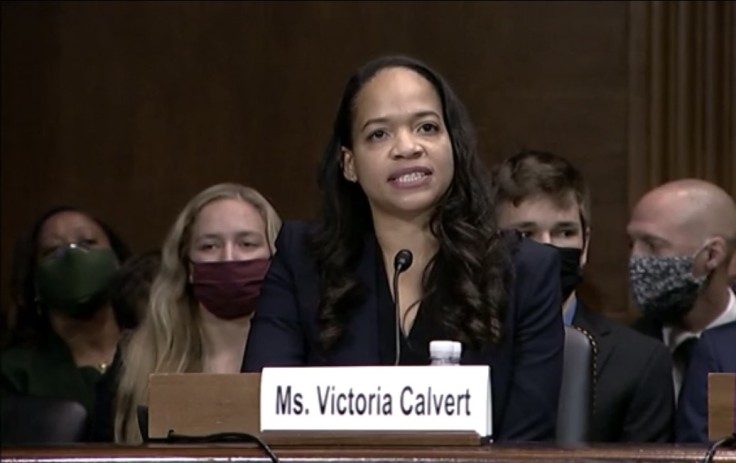
ATLANTA, Ga. — A federal judge in Georgia has delivered a major victory for international students, ordering the Trump administration to reinstate the legal statuses of 133 students whose F-1 visas were abruptly terminated by Immigration and Customs Enforcement (ICE) and the Department of Homeland Security (DHS). The ruling, issued by U.S. District Court Judge Victoria M. Calvert on April 18, 2025, requires the reinstatement of the students' statuses by 5 p.m. on April 22, 2025, retroactive to March 31, 2025.
The students, many of whom are in good academic standing and nearing graduation, had their records terminated in the Student and Exchange Visitor Information System (SEVIS), a DHS database used to monitor non-immigrant students. The plaintiffs, represented by the American Civil Liberties Union (ACLU) and other groups, alleged that the terminations occurred without prior notice, proper explanation, or an opportunity to respond, violating their due process rights. "The Constitution protects everyone on American soil, so the Trump administration cannot ignore due process to unjustifiably threaten students with the loss of immigration status, and arrest and deportation," said Akiva Freidlin, senior staff attorney at ACLU-Georgia.
Judge Calvert, a Biden appointee, found that the terminations likely violated the Administrative Procedure Act and the Fifth Amendment, stating, "Plaintiffs are likely to show that Defendants' termination of the SEVIS registration exceeds the bounds of statutory and regulatory authority and is therefore unlawful." The temporary restraining order (TRO) prohibits ICE and DHS from using the plaintiffs' identities for purposes outside the lawsuit and sets a hearing for April 24, 2025, to consider a preliminary injunction for longer-term relief.
The lawsuit, filed in the Northern District of Georgia, names Attorney General Pam Bondi, DHS Secretary Kristi Noem, and acting ICE Director Todd Lyons as defendants. The plaintiffs, including students from institutions nationwide, such as the University of Georgia, Georgia Tech, Emory University, and Kennesaw State University, argue that the SEVIS terminations were a coercive tactic to force them to abandon their studies and "self-deport." Many are enrolled in STEM programs or work placements, highlighting their academic achievements.
The ruling comes amid a broader crackdown on international students under the Trump administration, with over 1,480 students across 240 U.S. colleges reporting visa revocations, according to an Inside Higher Ed analysis.
The ruling offers temporary relief for the 133 plaintiffs, allowing them to continue their studies and work authorizations while the case progresses. However, with thousands of international students nationwide reporting similar visa issues, the outcome of the April 24 hearing could have far-reaching implications for U.S. higher education and the global academic community.
© 2026 University Herald, All rights reserved. Do not reproduce without permission.








